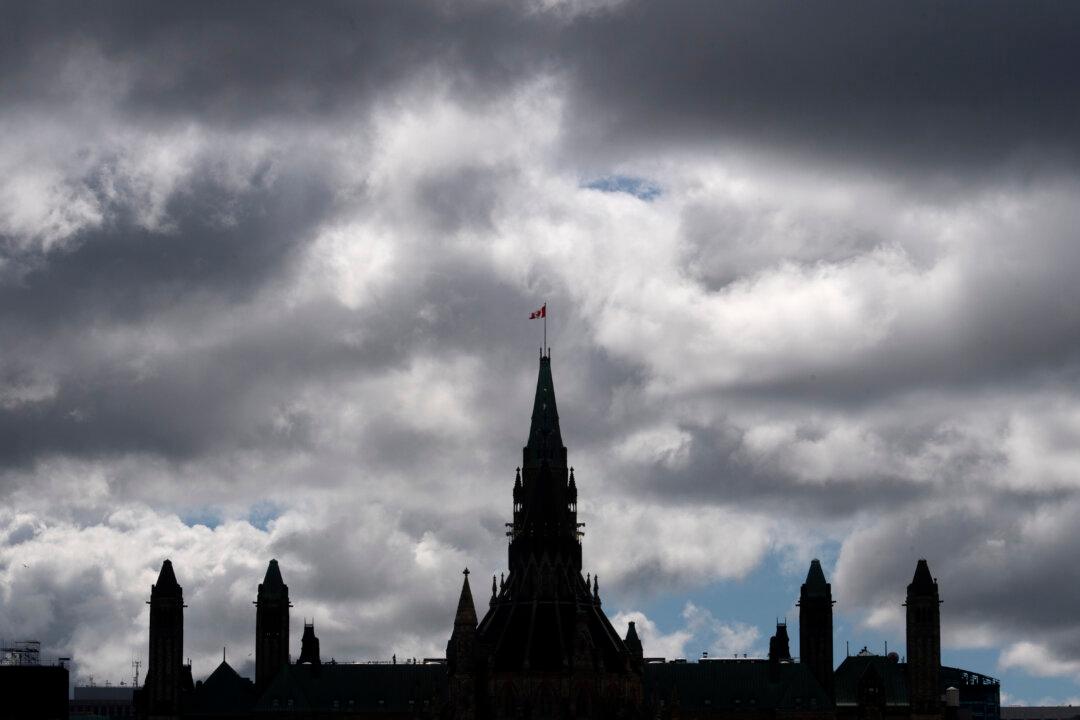The primary reason for last year’s Parliament prorogation was to get Prime Minister Justin Trudeau out of the WE Charity controversy, the Committee on Procedure and House Affairs (PROC) heard on Thursday.
On June 25, 2020, the WE Charity was awarded a federal contract of $43.5 million to administer a student summer grant program, despite the organization’s close ties to the Trudeau family. In July 2020, the federal Ethics Commissioner launched an investigation into whether Trudeau and his then-finance minister Bill Morneau had violated the Conflict of Interest Act.





